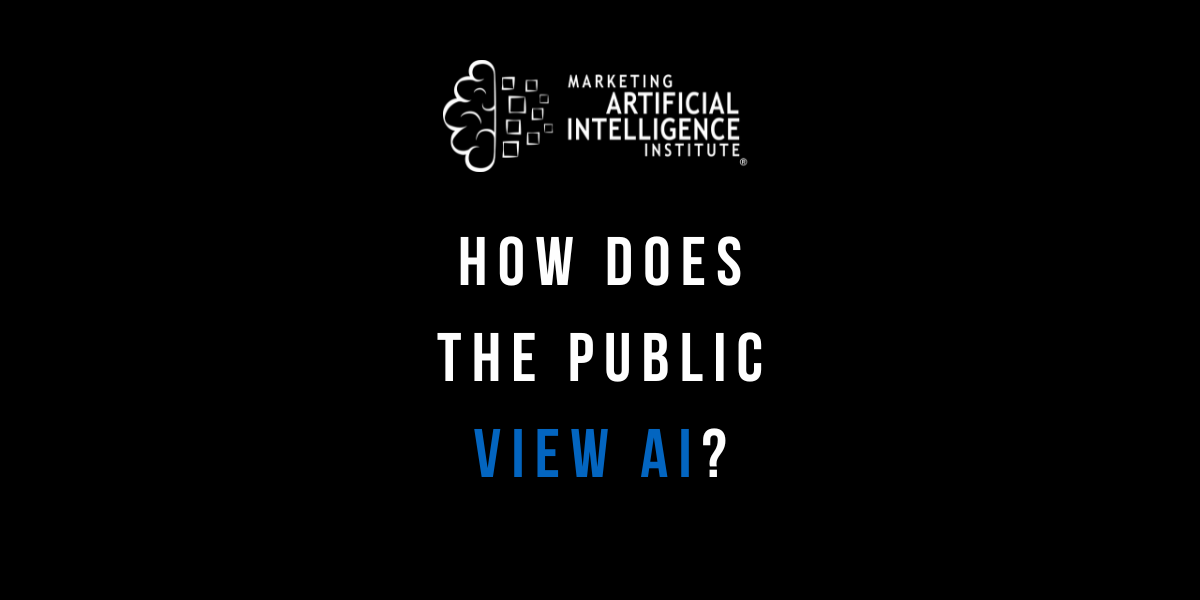A new segment about AI on The Daily Show is getting a ton of buzz for lampooning AI leaders.
It's about the "false promises of AI" and features Jon Stewart cracking jokes about AI optimists...
Optimists like AI leaders who say the technology will make the world better. But skate over the topic of massive job loss due to AI.
What does this segment tell us about the current mood towards AI right now?
I got the answer from Marketing AI Institute founder / CEO Paul Roetzer on Episode 91 of The Artificial Intelligence Show.
We can't ignore AI's impact on jobs
Roetzer gets why the segment lampoons e/acc thinking that says all we need to do is accelerate at all costs. He thinks tons of good will come from AI. But we can't be ignorant to the disruption it will cause and how it will impact people.
“I do think we’re going to have job loss. I don’t know any other way around this," he says.
But that will happen sooner in certain industries or functions. You can see a future, he says, where certain roles like customer service change very fast due to AI.
That will have a real impact on real people, and we need to start preparing for that.
As this impact happens, Roetzer expects more negative commentary about AI.
“I think this is an indication of what we can expect as more and more industries and professions start to be affected," he says.
And segments like this may be the only exposure many people have to issues around AI. Which makes it important to step back and be realistic about the impact AI may have on society.
It's very possible that technological acceleration won't solve everything. But it's also likely the world isn't ending due to AI. The truth is probably somewhere in the middle.
“We’re going to start dealing with these layers of complexity as more people take an interest in the topic," says Roetzer.
Will people using AI replace people who don't?
He says one example is the phrase, often used in AI:
"AI won't replace people. People who use AI will replace people who don't."
There is a lot of backlash online against this phrase. Some people believe it papers over the fact that AI will take jobs. However, Roetzer says it highlights an important and complex truth.
People who use AI become much more efficient and effective at their jobs. If job cuts do have to happen, firms want to keep the most productive and effective people.
That's true of every knowledge work profession, says Roetzer.
“The people who have the best chance to survive and thrive if job loss comes to your industry or your company will be the people who are most AI literate and the most high-performing people," says Roetzer.
"I don't know how that's not true."
But it doesn't fit the all or nothing sensationalism that characterizes conversations online.
Mike Kaput
Mike Kaput is the Chief Content Officer at SmarterX and a leading voice on the application of AI in business. He is the co-author of Marketing Artificial Intelligence and co-host of The Artificial Intelligence Show podcast.


